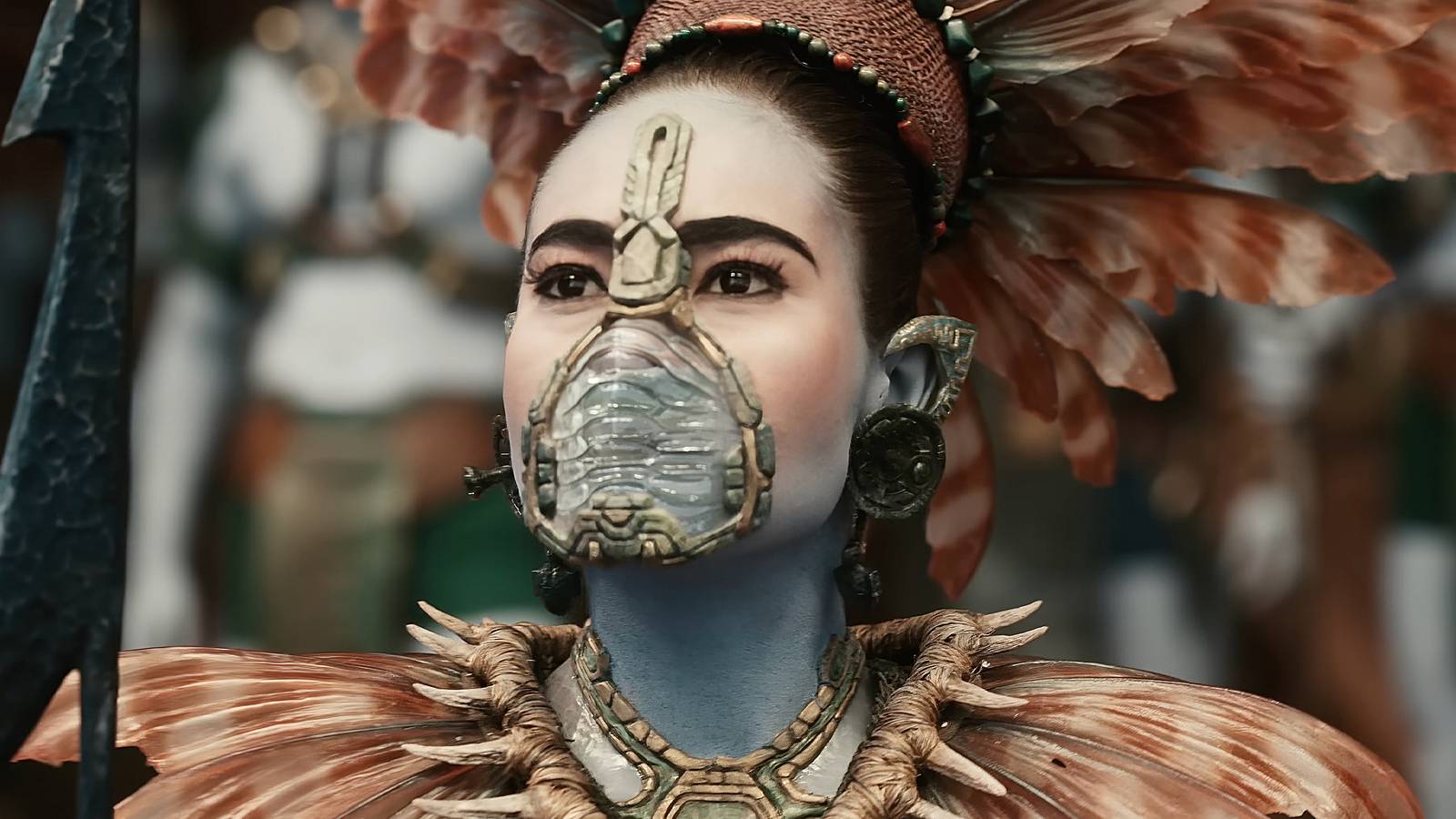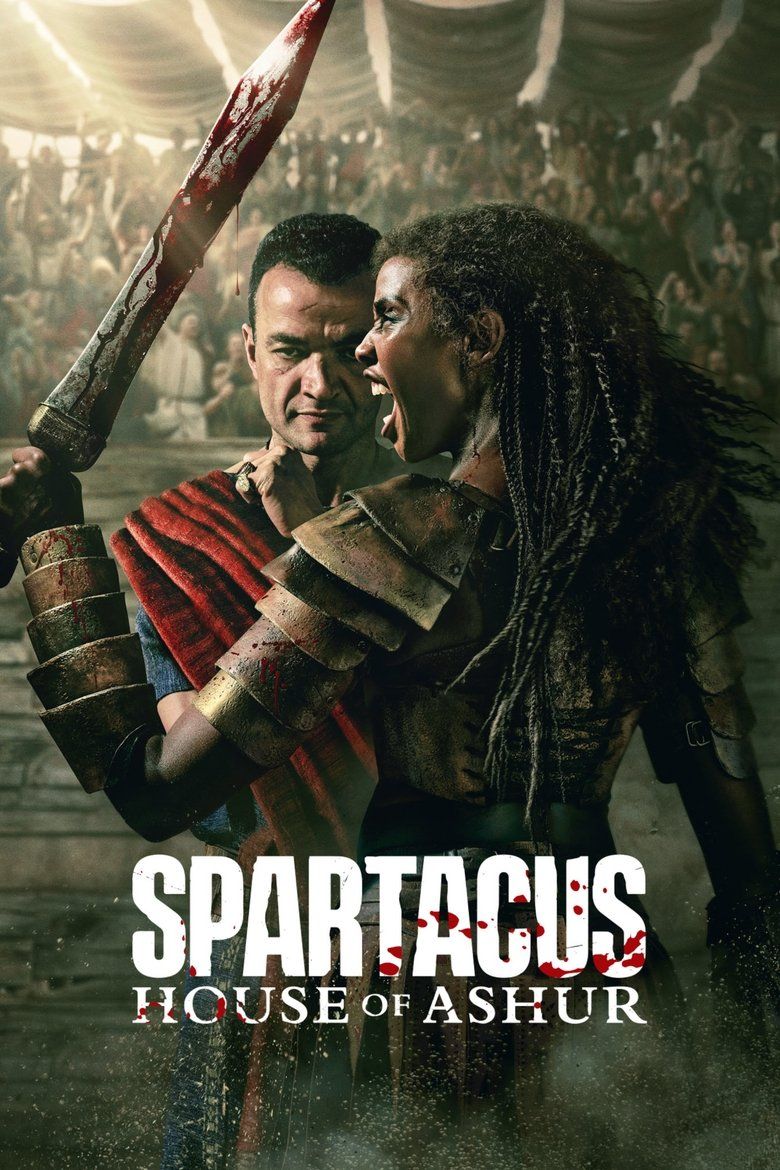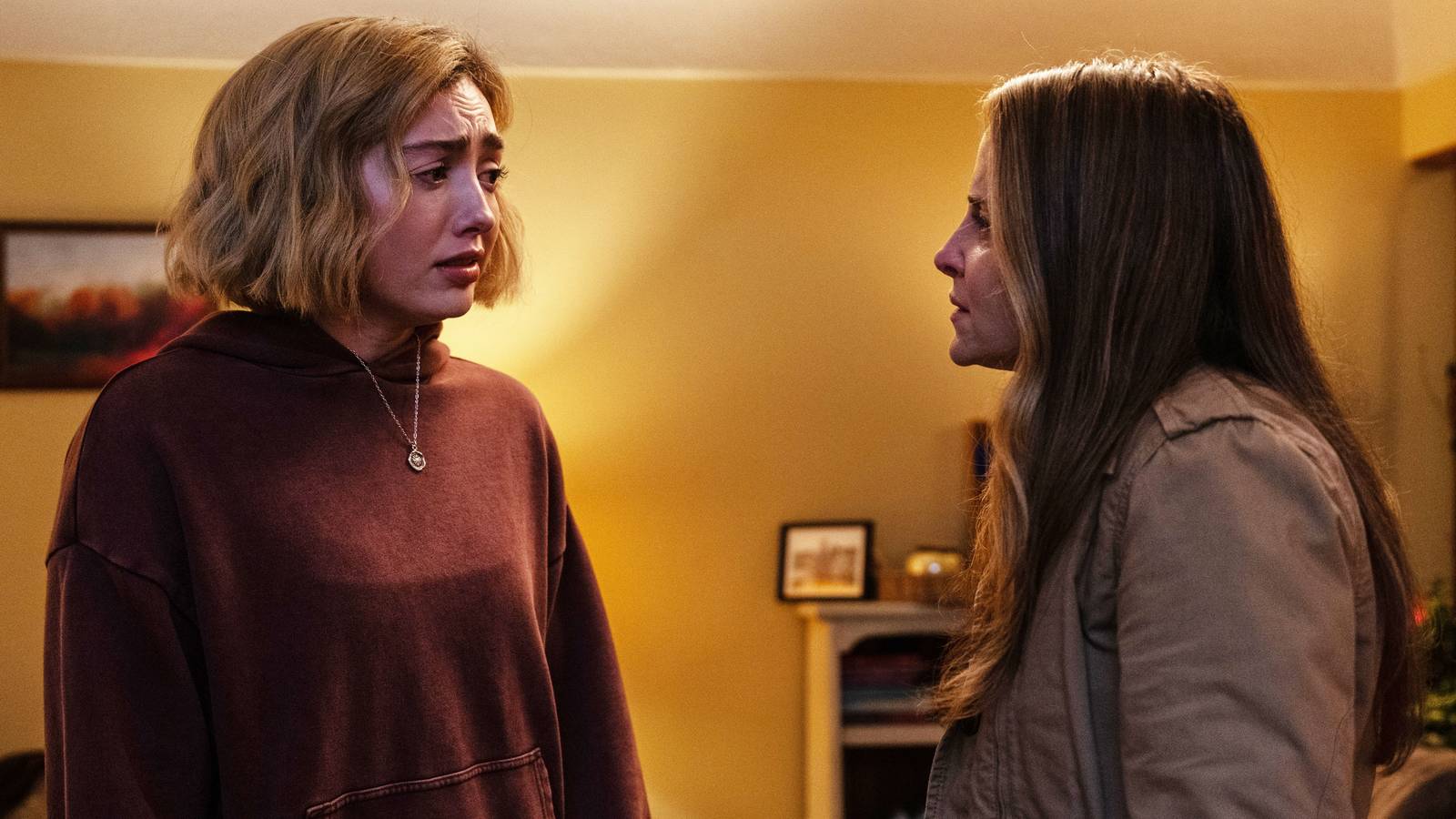The Aki and Pawpaw Effect: The Comedy Duo That Raised a Generation

There are memories that cling to us long after we’ve outgrown the clothes, the jokes, and the neighbourhoods that formed them, and Aki and Pawpaw sit in that corner of shared experience like a familiar anchor. Their films never needed perfect lighting or flawless editing; they survived on instinct, on timing, and on the kind of comic energy that hits whether you’re seven years old or forty and tired. For many Nigerians, those films were not just entertainment, they were a language, a rhythm, a companion during long holidays filled with cousins and noise.
The first time many of us stumbled onto their mischief, it wasn’t through a cinema release or a streaming platform; it was a scratched CD, a dusty cover, or a tape someone insisted on replaying until every line felt like our own. In those dimly lit rooms, powered by lanterns during power outages, Aki and Pawpaw delivered a kind of laughter that eased childhood worries and softened the rough edges of life. Their jokes didn’t try to impress; they simply belonged.
Long before anyone called them cultural icons, the two actors were simply part of the atmosphere of growing up, the sound of a living room filling up with giggles, the sight of elders pretending not to laugh, the comfort of knowing you could return to their chaos anytime. Their legacy did not begin as nostalgia; it became nostalgia because it was woven into the fabric of so many people’s youth.
When Chemistry Becomes Culture
In the early 2000s, Nollywood was still finding its voice, navigating tight budgets, unpredictable equipment, and a rapidly growing audience hungry for something familiar. Into this landscape walked two men whose partnership would change the trajectory of the industry.
Chinedu Ikedieze and Osita Iheme were not groomed for duo stardom, yet the spontaneity of their chemistry in Aki na Ukwa created a ripple that reshaped Nollywood’s comedic identity.
The odd serendipity behind that film lives in the memory of fans.
What made their on-screen presence unforgettable wasn’t just their size or age, it was their instinct. Their timing. Their refusal to play down the intelligence and cunning of their characters. Nollywood insiders have revealed that many of their lines were improvised, created in the moment, and sharpened by their raw comedic intuition.
Their partnership set a template for countless duos who followed, yet none matched the natural, unforced harmony they brought into even the simplest scene. It wasn’t rehearsed perfection; it was the thrill of two people who understood each other without needing to speak too much — a comedic instinct that cannot be manufactured.
Their early films became the unofficial soundtrack to weekend routines. Families gathered around their mischief. Children watched, rewatched, and reenacted their antics. And somehow, without formally planning it, the duo became something bigger than entertainment: they became cultural memories.
When Childhood Meets Cinema
For those who grew up on the continent and even for many abroad, Aki and Pawpaw were not mere actors; they were companions. Their films were played in living rooms during birthdays, holidays, and every other gathering where children outnumbered adults. They brought a kind of collective joy that didn’t need translation.
Their humour taught children how to navigate small rebellions without crossing into real trouble. They showed mischief as a form of innocence, not delinquency. They created characters who were flawed, loud, stubborn, but always recognisable versions of classmates, siblings, or that cousin who always had a new scheme brewing.

Nollywood’s expansion across Africa owes a great deal to accessible comedies like theirs. In academic circles, especially within African cinema studies, their era is often used as a reference point for how Nollywood built a pan-continental audience long before streaming made cross-border storytelling fashionable. This is reflected in analyses such as those hosted by theAfrican Studies Association.
What’s remarkable is that their influence didn’t fade with time. It simply changed form. They became bigger than their characters, evolving into symbols of a certain period, a certain style, a certain collective mood.
The Internet Rediscovers What We Never Forgot
Years after the peak of their film career, a quiet, unexpected revival began, not in cinemas, not in TV reruns, but on the internet. Suddenly, memes of Aki and Pawpaw began circulating everywhere. A shared screenshot could describe frustration, disbelief, excitement, boredom, or a thousand other human expressions. People who had never watched a Nollywood film began recognising their faces. And their rise into meme culture became so noticeable that even many media outlets took interest.

The funniest part? The images going viral were often from films shot nearly two decades earlier proof that authenticity ages better than technology. Their expressions, so easily readable, captured the spirit of everyday emotion without requiring context.
Instead of fading into nostalgia, the duo found themselves at the centre of global humour conversations. It was an evolution that few child-actor pairs anywhere in the world ever get to experience.
And yet, they didn’t stop there. They grew up on screen. They matured. They took on new roles. And eventually, they came full circle with the release of the 2021 reboot Aki & Pawpaw, which introduced them to a younger generation discovering them for the first time. The excitement around the project was widely reported, a testament to their enduring relevance.
For many older viewers, the reboot wasn’t merely entertainment; it felt like reconnecting with long-lost friends. And for younger viewers, it was a surprising discovery of a comedic style that hadn’t lost its charm.
A Legacy That Refuses to Fade

Today, mention Aki and Pawpaw anywhere, and you’ll see faces light up with quick recognition. Someone will quote a line. Someone else will reference a meme. Someone will laugh before you’ve even reached the end of your sentence. Their influence lingers because it was never about perfect filmmaking, it was about human warmth.
What they left behind is more than a string of movies. It’s a shared cultural memory, passed quietly from one generation to the next. They were part of childhoods, households, neighbourhoods, and family nights. And decades later, their work continues to ripple outward through nostalgia, through scholarship, through the internet, and through the hearts of people who grew up with them.
Aki and Pawpaw didn’t just entertain a generation.
They raised one.
You may also like...
Premier League Scandal: La Liga Chief Slams 'Damaging' Handling of Man City's 115 Charges

Over three years after being charged with numerous financial rule breaches, Manchester City awaits a verdict from a proc...
Avengers: Doomsday Shocks Fans With Devastating Theatrical Move Months Ahead of Release!

Marvel Studios aims for a comeback with two major releases, "Spider-Man: Brand New Day" and "Avengers: Doomsday." The la...
Daredevil Showrunner's Epic 3-Part Saga Storms Charts Again After Spin-Off Triumph!

The original "Spartacus" series is experiencing a significant resurgence on digital streaming charts, fueled by the laun...
Unveiled: 'Shrinking' Star Spills on Harrison Ford's Pivotal Season 3 Moment

Lukita Maxwell discusses Alice's journey in Shrinking Season 3, highlighting her character's growth, evolving relationsh...
Peyton List's Heartbreaking Warning: 'School Spirits' Season Finale Changes Everything for Maddie and Mom

In School Spirits Season 3, Episode 7, Maddie Nears faces a crushing realization with Wally's departure, leading to a pi...
Visa-Free Africa: Development Bank and African Union Champion Open Borders for Economic Boom

African leaders and institutions have renewed calls for visa-free travel across the continent, highlighting its essentia...
U.S. Halts Crucial Lifesaving Aid to Seven African Nations Amidst Regional Concerns

The Trump administration is cutting humanitarian aid to seven African nations, citing a lack of connection between aid a...
Major Health Risk: FDA Recalls Cottage Cheese Across 24 States
:max_bytes(150000):strip_icc()/Health-cottage-cheese-recall-1638be9c6f7f44029a41fa5139f90139.png)
Great Value cottage cheese sold at Walmart stores in 24 states has been recalled due to potential under-pasteurization o...






